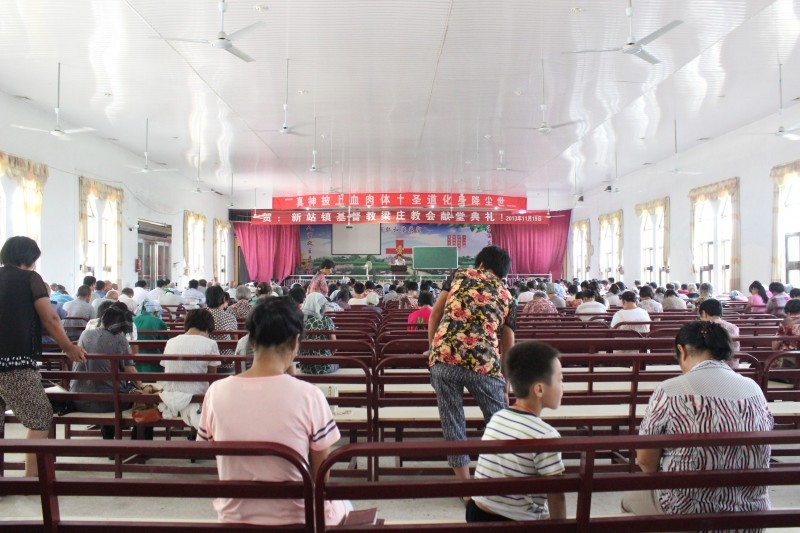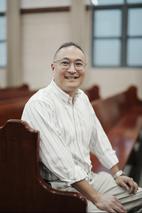Regardless of the changes in times, grassroots churches serve as a vast threshing floor for serving Chinese Christians and play an irreplaceable role. A millennial pastor who has worked for three years in a rural church after serving in an urban church recounts what the rural grassroots church needs today through his personal experience.
"Now the grassroots church is more willing to perform the passive type of pastoring, waiting for believers to come to the church, which is conventional. But churches with visions would always explore various ways to achieve their goals."
According to Pastor C, the most crucial need of grassroots churches is having a vision. He explained that only a church with a vision possesses vitality.
He said that a church in a developed city has the vision of reducing the average age of their members by half a year. This goal becomes more challenging to accomplish as the number of young people grows. Nevertheless, through persistence in the vision, the church continues to try to attract young people in numerous ways, including hiring younger co-workers.
Observing that there are numerous young people working in nearby factories, mostly with junior college degrees and unacknowledged by their peers, the co-workers at Pastor C's church set their sights on serving these individuals. The church adapted their Bible study sessions to cater to the specific needs of young people and recruited young and communicative co-workers, regularly inviting them to church group meetings. The church now boasts over 30 young attendees at their Bible study sessions.
In contrast, a church in H City has no disadvantages concerning location, size, dedication, or the age of its members. However, they lack a vision amongst their pastors and workers, leading them to view pastoral duties as work, indifferent to whether believers attend services or not.
Grassroots churches frequently encounter problems such as confusion between faith and superstition, inadequate management systems, and heretical influences. To address these issues, they require a pastor who can explain the Bible correctly and has church management sensibilities. In Pastor C's opinion, preachers equipped with theology hold a clear advantage over grassroots preachers who depend solely on faith and the Holy Spirit to guide their pastoral and management duties.
Pastor C's church boasts a history of over 70 years. Despite the tenacity of the older generation of preachers, only about 100 individuals have consistently attended their gatherings for the past few decades. However, in late 2020, an older sister, then in charge of the church, approached Pastor C and another brother to serve as preachers. This was the first time in decades that the church had employed preachers who had undergone systematic training in a professional seminary.
At that time, the construction of the new church was underway, and the two preachers participated in the building and decoration alongside the elderly members of the congregation. During Sunday services, they offered renewed depth in the interpretation of the Bible in terms of form and content. Pastor C explained that this is the primary reason why the church's membership has grown to more than 300 people in just two years.
After the arrival of Pastor C and his brother (who is also a graduate of Nanjing Union Theological Seminary), they established a group ministry and provided the training class of Fishers of Man to attract young pastors. They simultaneously raised the pay of their co-workers, recruited theology graduates, and now have a younger sister born in the 1990s onto their team.
- Translated by Nicolas Cao












